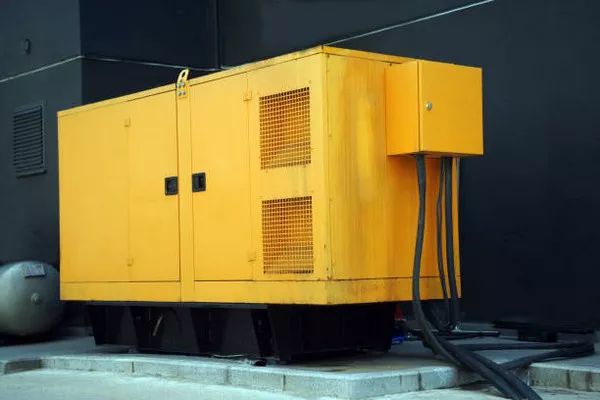Recreational vehicles (RVs) have become synonymous with freedom and adventure, allowing individuals and families to explore the open road with all the comforts of home. One crucial component that enables this mobile lifestyle is the RV generator. In this article, we will delve into the inner workings of RV generators, exploring their mechanisms, types, and the essential role they play in enhancing the RV experience.
Understanding the Basics of RV Generators:
At its core, an RV generator is a compact power plant that converts fuel into electricity to provide the necessary energy for the various appliances and electronic devices within the RV. These generators are specifically designed to be portable, ensuring that RV enthusiasts can enjoy the convenience of power wherever their travels may take them.
Types of RV Generators:
RV generators come in different types, each with its own set of advantages and considerations. The two primary types are:
Gasoline Generators:
Gasoline-powered generators are a popular choice for RV owners due to their widespread availability and ease of use. These generators typically run on regular unleaded gasoline, making refueling a straightforward process at any gas station. However, they may be less fuel-efficient compared to other types, and the cost of gasoline can vary depending on location.
Propane Generators:
Propane generators, on the other hand, utilize propane as their fuel source. Propane is often stored in dedicated tanks on the RV, providing a convenient and clean-burning alternative to gasoline. Propane generators are known for their efficiency and eco-friendliness, making them a preferred choice for environmentally conscious RV enthusiasts.
The Mechanics of RV Generators:
Regardless of the fuel type, the fundamental mechanics of RV generators remain similar. The key components include:
Engine: At the heart of every RV generator is an internal combustion engine. This engine is responsible for converting the potential energy stored in the fuel (gasoline or propane) into mechanical energy.
Alternator: Connected to the engine, the alternator plays a crucial role in transforming the mechanical energy generated by the engine into electrical energy. It operates on the principle of electromagnetic induction, producing an alternating current (AC) that powers the RV’s electrical systems.
Voltage Regulator: To ensure a stable and consistent supply of electricity, RV generators are equipped with voltage regulators. These devices monitor the output voltage and adjust it as needed, preventing potential damage to sensitive electronic equipment within the RV.
Cooling System: As the engine and alternator work together to generate power, they produce heat. A cooling system, often including a fan and a radiator, helps dissipate this heat and prevent the generator from overheating.
Onboard vs. Portable Generators:
RV generators can be further categorized into onboard generators and portable generators, each catering to specific needs.
Onboard Generators:
Onboard generators are permanently installed in the RV and are often integrated into the vehicle’s electrical system. They are typically more powerful and provide a seamless power source for all appliances onboard. Onboard generators are commonly found in larger, Class A or Class C motorhomes.
Portable Generators:
Portable generators, as the name suggests, are separate units that can be set up outside the RV when needed. While they offer flexibility in terms of placement and usage, portable generators are generally less powerful than their onboard counterparts. They are a popular choice for smaller RVs and trailers.
Maintenance and Best Practices:
To ensure the longevity and reliable performance of an RV generator, regular maintenance is essential. Some key maintenance tasks include:
Regular Oil Changes: Just like any internal combustion engine, RV generators require regular oil changes to keep the engine lubricated and running smoothly.
Air Filter Replacement: The air filter prevents dust and debris from entering the engine. Regularly replacing the air filter ensures optimal airflow and engine performance.
Fuel System Maintenance: For gasoline generators, stabilizing the fuel and periodically cleaning the fuel system helps prevent clogs and ensures fuel efficiency. Propane generators may require inspections and maintenance of the propane system.
Cooling System Checks: Inspecting the cooling system for leaks and ensuring proper coolant levels is crucial in preventing the generator from overheating.
See Also Choosing the Perfect Generator: A Comprehensive Guide
Conclusion:
In conclusion, the RV generator is a vital component that empowers the mobile lifestyle of RV enthusiasts. Whether exploring remote campsites or embarking on cross-country journeys, the reliable and efficient performance of an RV generator ensures that the comforts of home are always within reach. Understanding the inner workings of these generators, along with proper maintenance practices, is key to enjoying a seamless and uninterrupted RV experience.

